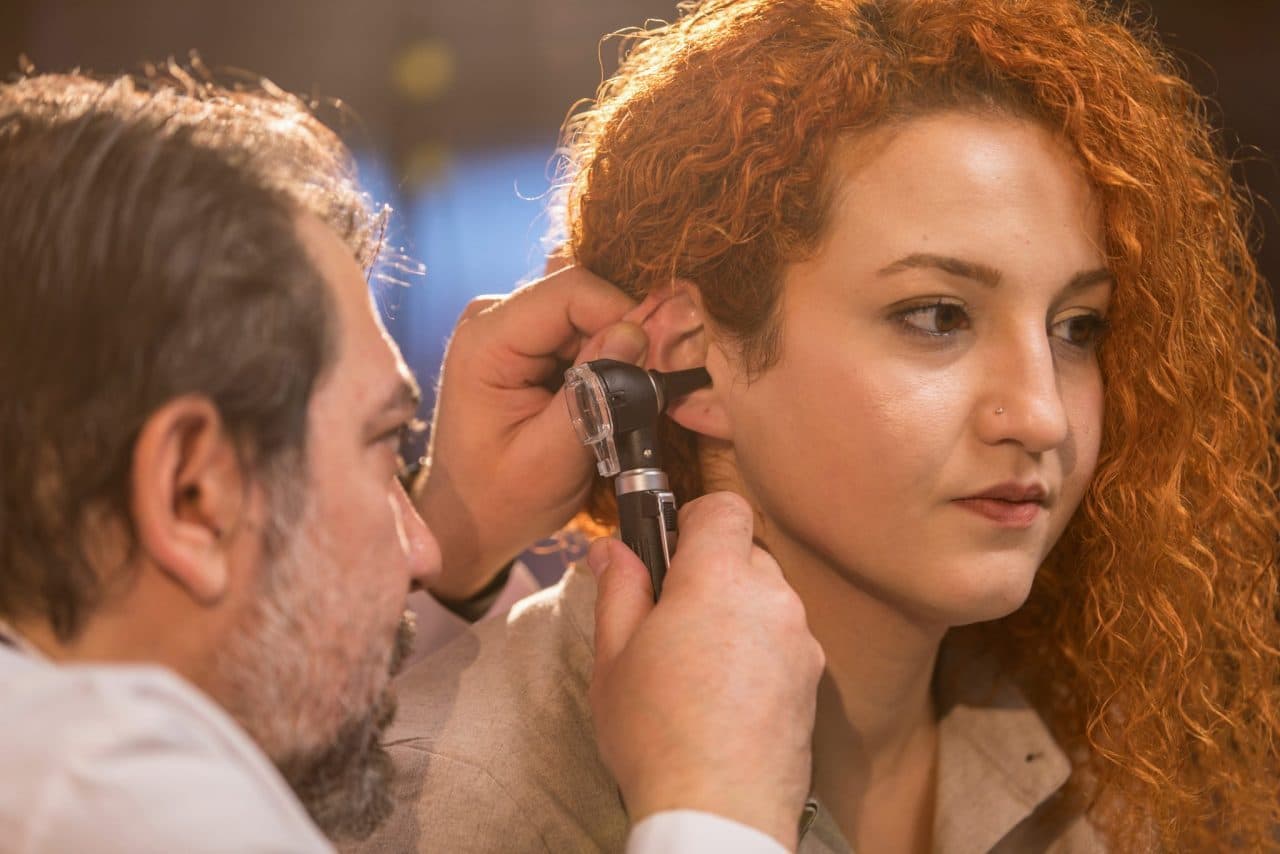People with hearing loss wait an average of seven years before seeking treatment for their condition. If you’ve finally decided to schedule your first visit with an audiologist, congratulations! You’ve made the first step on a life-changing journey to better hearing and communication. If you’re feeling apprehensive about your visit, we’ve compiled a list of things you should know.
Feeling Uneasy Is Normal

Nobody wants to hear bad news, which is why many people put off their first hearing test. Many patients we see are uneasy about their first visit; fortunately, we have exceptional staff that will help you feel comfortable and provide support through every step of the rehabilitation process.
Family and Friends Are Welcome (Virtually)
Under normal circumstances, we would highly encourage you to bring a loved one to your appointment for support. While COVID restrictions mean they cannot be physically present, you are welcome to include a loved one via phone call or FaceTime while we go over the results of your test.
Bring a List of Medications
There are 200 medications known to have ototoxic effects – meaning they have the potential to damage the delicate cells within the inner ear that help you hear. Please bring a list of all medications you take to your appointment so your audiologist can confirm or rule you’re your medications as a potential cause.
Be Prepared to Share Your Medical History
Part of the process of diagnosing hearing loss is reviewing your medical and lifestyle history. Certain medical conditions are linked to a higher risk of hearing loss, so your audiologist will want to know about your health record. In addition, your family history and exposure to noise will be helpful information for identifying the source of your hearing loss.
There Are Different Types of Hearing Loss
Different types of hearing loss have different causes and different treatments.
- Sensorineural hearing loss is caused by nerve damage. This type of hearing loss can be treated with hearing aids. In cases of severe or profound hearing loss, cochlear implants may be recommended.
- Conductive hearing loss is caused by a physical blockage or deformity that prohibits sound from entering the ear. An audiologist or ENT is sometimes able to correct the underlying problem. If they can’t, bone-anchored hearing aids may be recommended.
For more information about preparing for your visit or if you have any questions, call Blue Ridge ENT today!